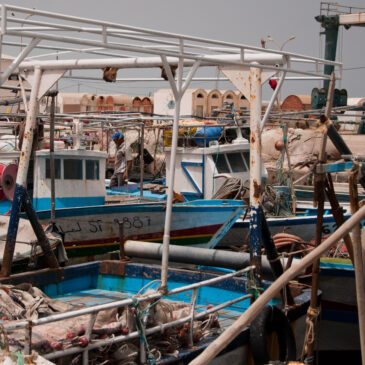In this week’s news highlights: EU-IOM Joint Initiative fails to support migrants, Euronews reports; Eritrean refugees mistreated in voluntary return programme; Shipwreck off Libyan coast kills several people; Refugees released from detention in Libya; Bangladesh arrests 50 people following migrant murders in Libya; OHCHR to vote on extension mandate of Eritrea Special Rapporteur; Eritrean President Isaias Afwerki visits Sudan for 3-day meeting; African governments urged to reopen borders; Over a thousand migrants stranded in Djibouti due to COVID-19; BBC Tigrinya: People in Eritrea are starving; Violence and child malnutrition worsen in South-Sudan; Focus on sexual and gender-based violence against women; Refugee rights violated, says Human Rights Commissioner; EU officials accused of Croatian migrant abuse cover-up; Family reunification obstacles for Eritrean refugees in Germany; Data leak threatens hundreds of asylum seekers in the Netherlands; Greek journalist alienated due to migration investigation; UK questions human rights situation Eritrea; Austria backs Germany’s hardline migration policy; UNHCR statement in World Refugee Day; Resumption of resettlement flights; And Refugee groups call for more attention for COVID-19 in refugee camps.



